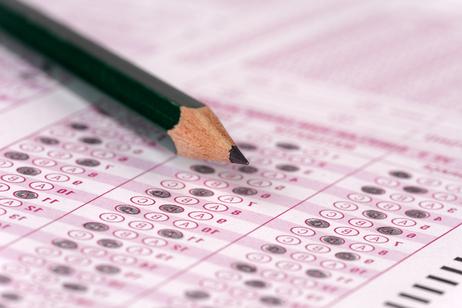Top 5 Mistakes Parents Make When Applying to Private Schools
Applying to private school is an exciting and often life-changing step for families. With multiple deadlines, interviews, and application components to manage, it's also a process that can be easy to misstep—especially for first-time applicants. While each school has its own admissions process, certain challenges tend to repeat. By recognizing the most common mistakes, you can reduce stress and present a stronger application for your child.
Here are the top five mistakes to avoid—and how to steer clear of them:
1. Starting the Process Too Late
Waiting too long to begin is one of the most common—and avoidable—errors. Private schools operate on specific timelines, often with fall and winter deadlines for the following academic year. Starting late can lead to:
Missing open house events or campus tours
Reduced financial aid options
Rushed essay and recommendation preparation
Overlooked school options due to time constraints
Tip: Begin researching schools 12–18 months before your desired start date. Mark key dates and create a calendar to keep everything on track. A helpful resource is our guide on how to evaluate a private school.
2. Focusing Too Much on Prestige — Instead of Fit
Many families chase well-known or highly ranked schools without considering whether they align with a child’s personality, learning


















